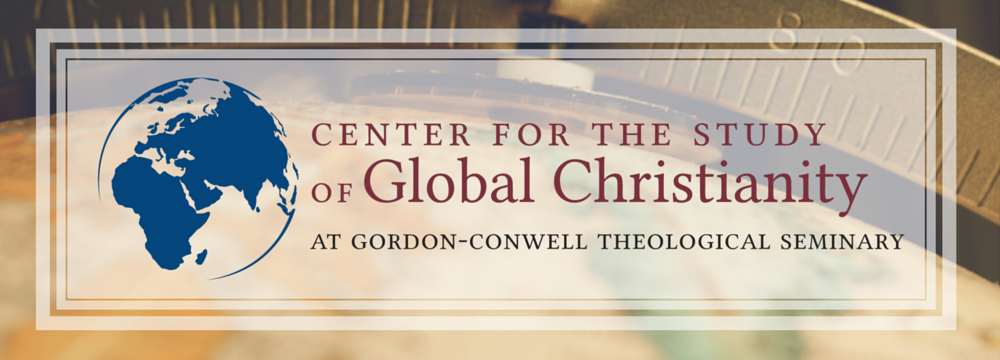As we proceed through time can we expect more denominations to form or should we attempt to become One church? I realize one church is not conceivable by men but is that what Jesus would have wanted?
How many more denominations must we go through to get back to One?
Would it be wrong to pursue one Christian church?
From the perspective of many, there is already that one Church. But there isn't a singular agreement on what that one Church is.
Roman Catholics believe theirs is that one Church.
The Orthodox believe theirs is that one Church.
Both can point to their history, which does indeed stretch all the way back to the Apostles and the first generation of Christians.
I'm a Lutheran, I believe I am a member of the one Church of Jesus Christ; not because I'm "Lutheran" but because as a baptized member of the Body of Christ who partakes of Christ's Holy Supper, hearing and believing the word of God, and participating in the faith and practice of the historic, catholic, and apostolic Christian Church I am a member of Christ's one and only Mystical Body. I reject the idea that the Church depends on a visible succession of bishops for its identity as the Church, and instead believe the Church depends on the teaching, the faith, the word of God, and His precious Sacraments. So wherever the Word is preached, wherever the Sacraments administered, wherever the Faithful assemble confessing, believing, and sharing together in the one Christian faith there the one holy Church is. That means not just Lutherans are members of that one Church, but all Christ's Faithful; even when there is error mixed together with truth in the particular expressions of Christianity in other ecclesiastical structures. Roman Catholics are Christians, same with the Orthodox, same with Presbyterians, Methodists, Baptists, et al--though theirs is a form of Christianity that I cannot participate in because it is truth mixed with error through erroneous interpretations of Scripture and erroneous theological ideas.
So when talking about the oneness of the Church, what is meant by that depends on what we believe. For a Roman Catholic that means everyone coming to the fullness of the truth in the Catholic Church. As a Lutheran I believe there is already a unity and oneness established in the Mystical Body of Christ found and expressed in God's Word and Sacraments; but a practical unity would require abandoning false teachings and adopting the true and faithful Christian confession (i.e. becoming "Lutheran").
If there was a common agreement that we could all sign off on, then there wouldn't be any of our divisions in the first place. It's because we disagree on fundamental matters of doctrine and practice that we practice Christianity the way we do.
I believe that the Eucharist is the literal flesh and blood of Jesus Christ, when I come up to the altar to receive Communion I am literally ingesting God the Son. That's not, in my mind, something I can simply consider a "small disagreement" when someone tells me "No, that's not Jesus"; and it would be very difficult to have pure and full fellowship with someone who accused me of practicing cannibalism.
So how could we all come and share of the same Table if one person says "This is Jesus" and another persons says "You're a cannibal" and another says "This is just a symbolic ritual"? Obviously for that kind of fellowship we would have to agree--have a common confession--about what this Table is.
So that means, as much as I would love all my brothers and sisters, all the baptized Faithful, and myself to come and be at the same Table, approaching the same altar, without any division whatsoever--well that isn't practically possible because we aren't even agreeing on what that Table
means. I earnestly desire unity in the Body of Christ, but ultimately that unity cannot come at the expense of truth and true confession.
That means, at the end of the day, I would rather acknowledge my Baptist or Presbyterian brother or sister as a brother and sister, though also acknowledging that we cannot come to the same Table because we have extremely different views. It would be dishonest to ignore those differences; even as it would be uncharitable and unChristian to deny their sincere and real faith in the one, true, and living Savior. That means that we are all Christians, but we are not in communion as we should be; but true communion can only happen in true confession and concord, a common agreement.
-CryptoLutheran


